Resource Center
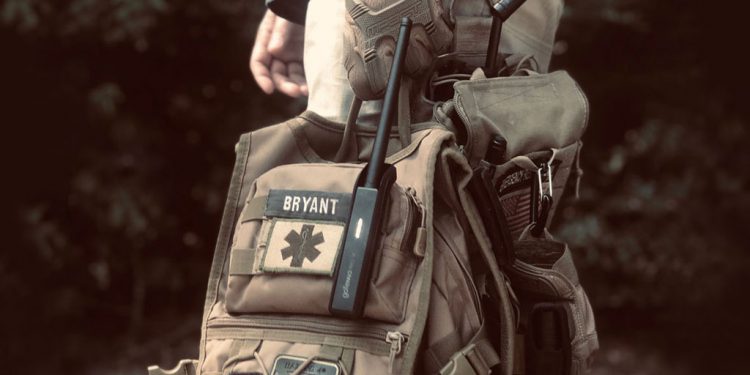
Panel Recording | Nonprofits on navigating connectivity in the digital divide
Half of the world’s population lacks reliable internet access, with the vast majority concentrated in developing countries. As communities around the globe work to close the digital divide, there are countless nonprofits and nongovernmental organizations that need to fill critical gaps in connectivity now in order to operate safely and
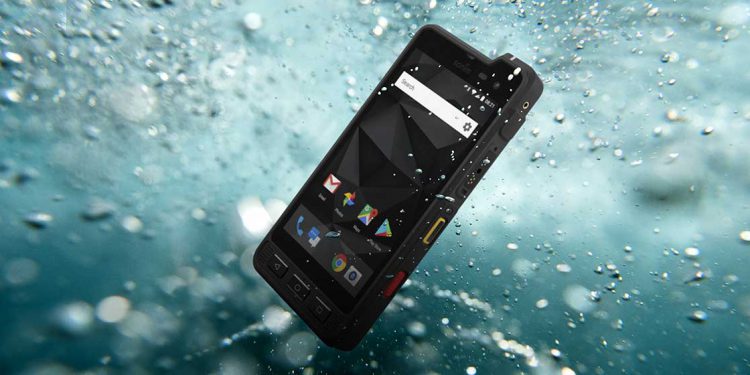
Podcast: Sonim discusses bringing new capabilities to emergency response
When first responders and emergency response personnel respond to natural disasters, we want them to be as prepared as possible. But, historically, disaster and emergency response personnel deployed with just a traditional voice radio. This gave them the ability to communicate and collaborate via voice only. And even that capability
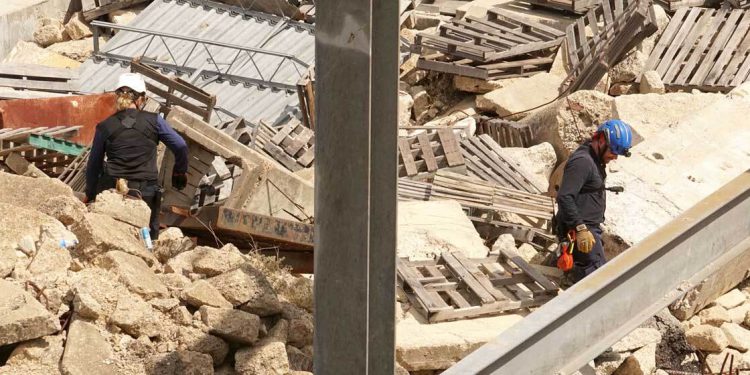
Video | Decentralizing emergency communications networks
When we look back at recent wildfires, earthquakes, and other disasters, we remember the critical loss of cell sites, RF towers, connectivity to 911 dispatch centers, broadcast stations, and public alerting systems. We know that our centralized communications infrastructure is never invincible. So, how do we avoid these communications challenges
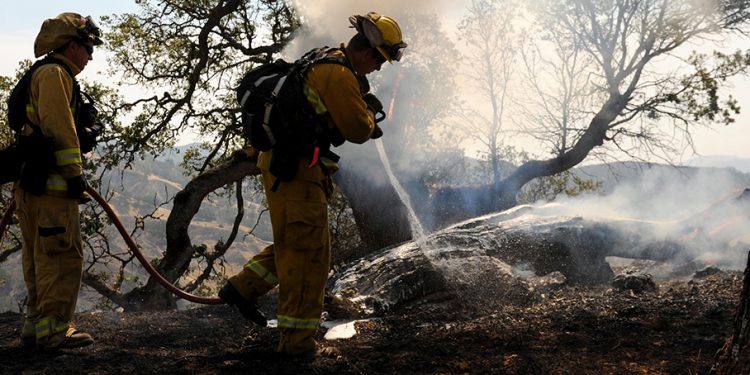
Video | Reimagining the wildland firefighter communications toolkit
As wildfires grow increasingly severe, we need to rethink the technology and equipment our firefighters rely on to stay safe, connected, and aware. This session from the 2020 Colorado Wildland Firefighter Conference will provide an overview of the new and innovative communications technologies that are enhancing resilience and accountability on

Video | “Bring the Network with You: Deployable Networks and Off-Network Communications” Panel Session at IWCE Virtual 2020
This panel is ideal for first responders operating in rural and disaster-prone communities. Discussing technologies ranging from low-earth orbit satellites to mesh networking, this panel will share examples of how to “bring the network with you” so that you can gain access to portable, quick, and turnkey solutions when coverage
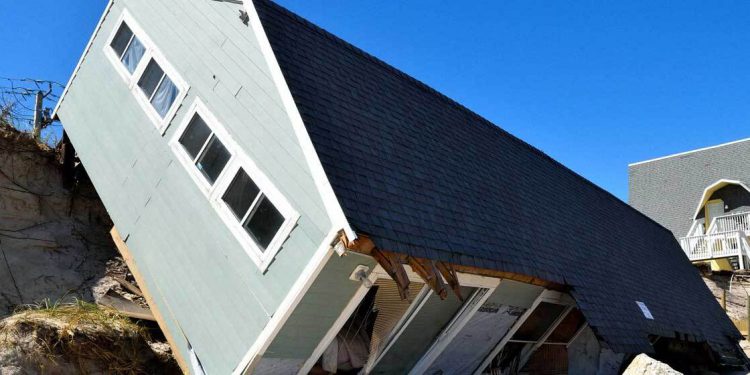
Video | IWCE Virtual 2020: Craig Fugate Keynote Address
The IWCE 2020 conference featured 48 breakout sessions on everything from broadband to deployable networks, and even featured keynote speakers such as former FEMA Administrator Craig Fugate. In his keynote address, Fugate addressed hundreds of virtual attendees on an area of critical communications emergency management agencies often overlook: interoperability with
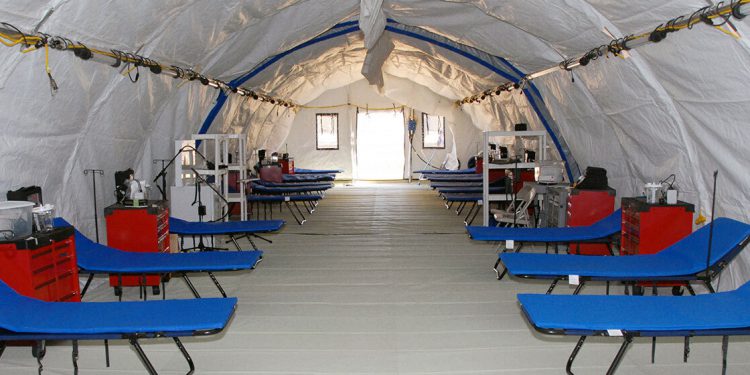
Podcast: Source One MRO discusses delivering essential communications and supplies to the frontlines during COVID-19
Whether it’s the current global COVID pandemic, wildfires, hurricanes, or other crises, national emergencies show us who the heroes are. The Last Mile Podcast recently sat down with two heroes, Source One MRO’s Brad Bihun and Keith Cowell, who are providing solutions to help first responders stay safe within the
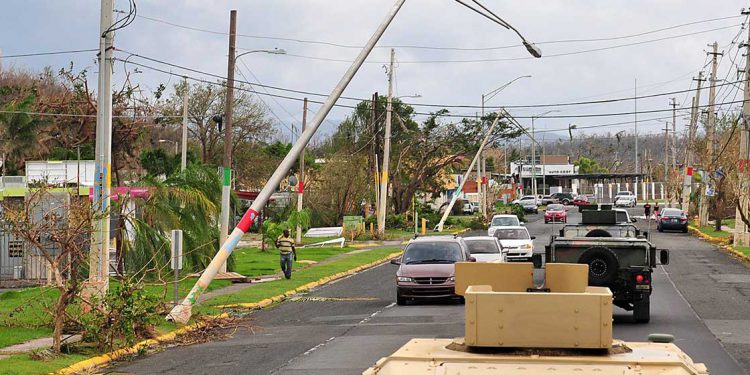
Podcast: LCG Holdings on connecting Puerto Rico
The Last Mile Podcast features in-depth interviews with operators on the front lines of remote and austere missions around the world. Rafael Bobe, owner of LCG Holdings in Puerto Rico, knows the value of reliable and resilient communications networks. He was on the ground during Hurricanes Irma and Maria in
Webinar | Technology for tracking disaster response teams
Tornadoes, hurricanes, earthquakes, and other natural disasters cause frequent damage to centralized cell, wifi, and RF communications networks. No matter the mission, response teams still need to find a way to communicate and maintain situational awareness in the immediate aftermath of a disaster. Watch leading UAS training organization Granite Defense
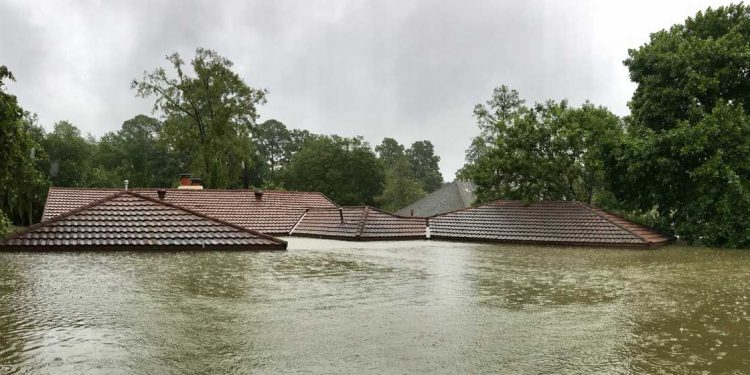
Podcast: Verizon, SES and goTenna on how COVID-19 and natural disasters present an unprecedented threat to emergency communications
The ongoing COVID-19 pandemic has put enormous strain on the economy, public safety, and the healthcare system. It’s also put a strain on cell networks. Remote workers have been flooding our information gateways en masse. Telehealth, virtual educational classes, and remote meetings on Zoom are all necessary, but also eat



